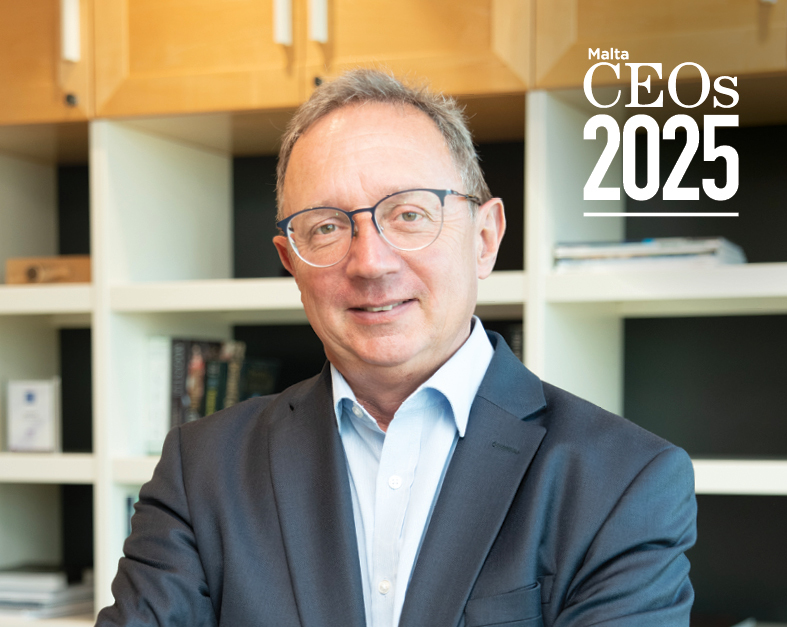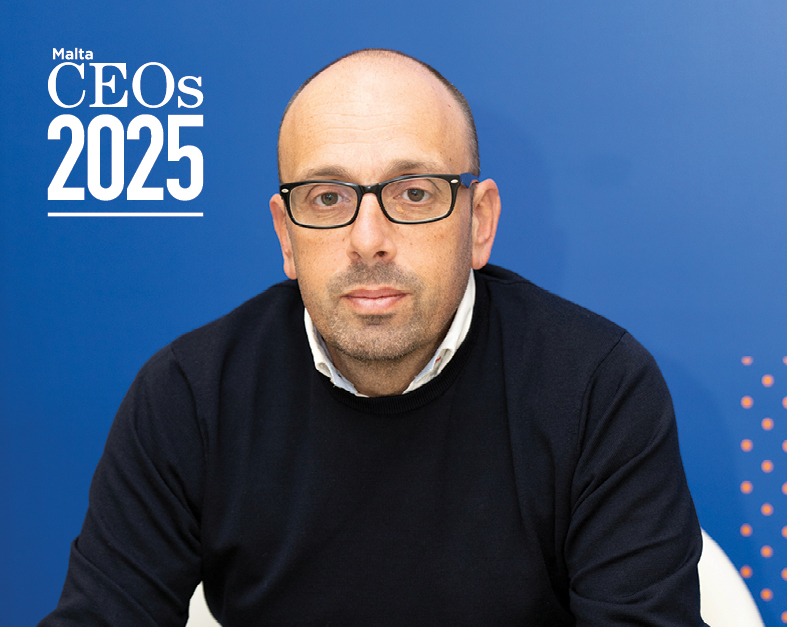As Malta grapples with unprecedented workforce growth – with over 105,000 foreign workers and a 10 per cent rise in non-EU permits in 2023 – business leaders warn that proposed 2025 restrictions could destabilise key sectors. Their insights suggest that the solution may lie not in limiting workers, but in transforming Malta’s economic model.
The numbers tell a compelling story: key sectors have become fundamentally dependent on international talent – with 16,362 workers in administrative services, 14,923 in accommodation and food services, and 10,409 in construction.
However, this reliance comes at a cost.
Every week, 108 new vehicles join the island’s already congested roads, housing availability continues to tighten and public services struggle to meet escalating demands. This rapid growth, coupled with the transient nature of the foreign workforce – most staying less than two years – creates a perpetual cycle of recruitment and rising operational costs for businesses.
Recent Government measures, including the ‘Specialist Employee Initiative’ and revised work permit structures, signal a strategic shift towards prioritising merit and expertise in recruitment. However, business leaders emphasise the need for gradual, sector-specific initiatives rather than sudden restrictions that could disrupt essential services and economic stability.
From major employers to HR specialists and economic consultants, our interviewees’ perspectives bring to light innovative approaches to workforce management and offer a practical roadmap for achieving sustainable economic transformation in 2025 and beyond.
This forms part of a feature first published on Malta CEOs 2025, the sister print brand to MaltaCEOs.mt, both owned by Content House.
‘It’s unwavering persistence that drives breakthrough achievements’ – Manila Di Giovanni, DWorld CEO
'Our virtual economy hub will showcase Malta’s heritage, local enterprises, startups, and public institutions on the global stage.'
‘If you believe in what you’re trying to achieve, you’re already halfway there’ – Jordan Camilleri
The co-founder of Health & Co describes establishing and running a business as a life-long learning process.
‘We want to push the boundaries. We want to lead’ – AX Group CEO and Deputy Chairman Michael Warrington
His experiences working across various industries, have provided Michael Warrington with valuable insights into how AX Group's businesses are affected.
‘Technology changes so rapidly that what was agreed at the beginning of the year can change halfway through’ – Joseph Aquilina
The company never stops innovating and diversifying, which infuses different areas of the business with energy.









